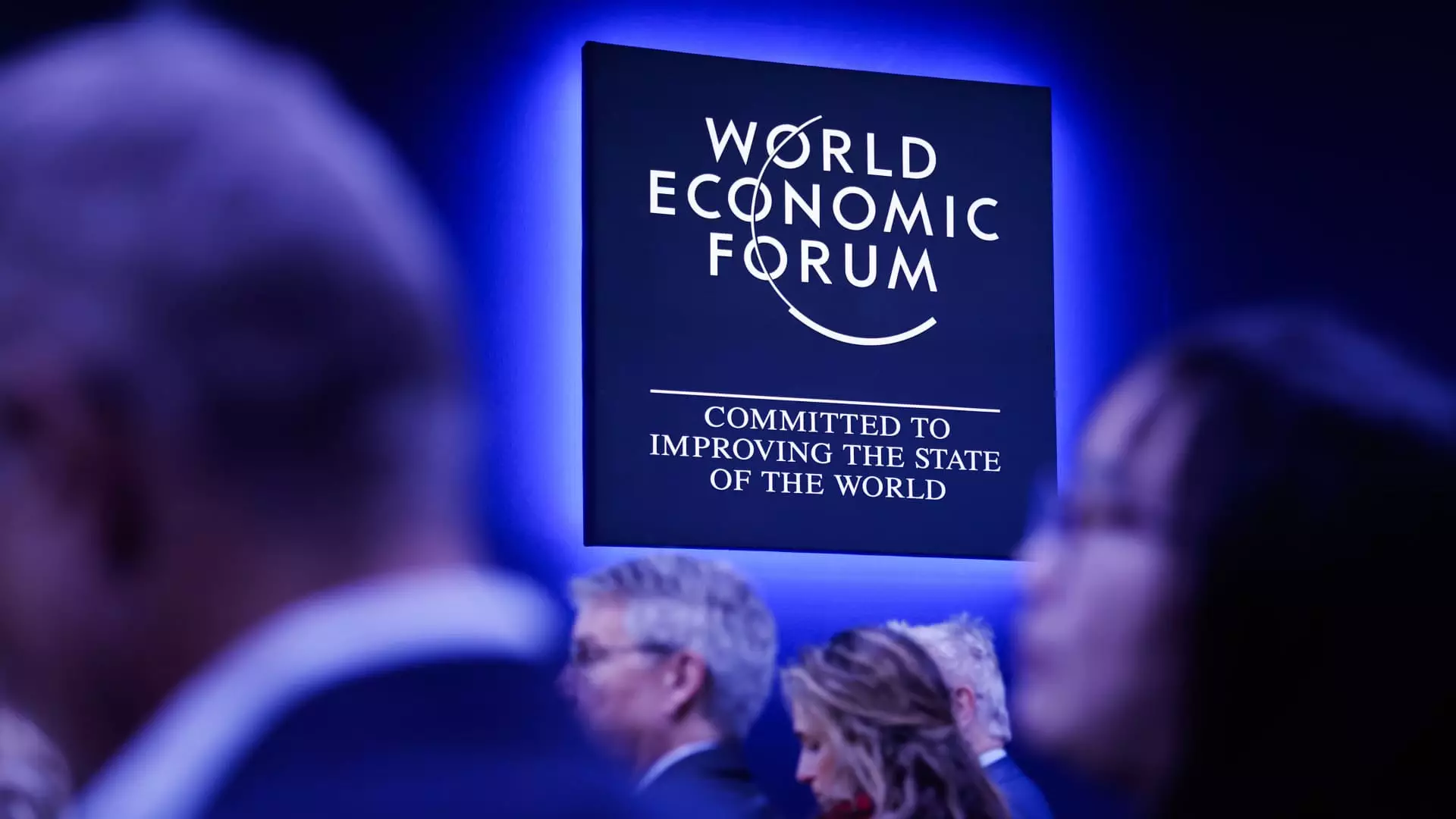As global leaders convene at the annual World Economic Forum in Davos, the buzzwords “diversity,” “equity,” and “inclusion” (DEI) echo prominently in discussions among politicians and corporate executives. This year’s conversations are particularly charged, given that political winds are shifting, especially in the United States. The discourse surrounding DEI reflects a broader societal debate where contrasting viewpoints are shaping the future of corporate practices and government policies. For many companies, understanding and implementing DEI initiatives have become integral to their cultural and operational frameworks, but these discussions are now complicated by backlash against such initiatives.
Recently, the political landscape has seen dramatic shifts under the administration of former President Donald Trump, who was outspoken in his criticism of DEI initiatives. During a virtual session at Davos, he declared his intention to eliminate what he termed “discriminatory diversity, equity, and inclusion nonsense,” signifying his administration’s drive toward a merit-based national identity. Trump’s executive order aimed at dismantling federal diversity programs set the tone for a backlash against DEI. Although his administration’s measures primarily targeted the federal sector, the implications could ripple into the private sector as well, causing corporations to reassess their DEI strategies.
This political backdrop raises fundamental questions about the sustainability of DEI programs in a fluctuating political climate. Can companies stay committed to diversity and inclusion when political winds may change? And more importantly, should they?
At Davos, corporate leaders expressed a mix of resolve and adaptability regarding their DEI commitments. Many executives acknowledged the turbulence surrounding DEI discussions but remained steadfast in their belief in the benefits of diverse workplaces. For instance, representatives from notable firms emphasized their dedication to engage with various communities—be it the Black community, Hispanic Americans, LGBTQ+ individuals, or veterans. They assert that these efforts are not merely performative but foundational to their organizational missions.
Surveying the business landscape, it’s evident that executives are aware of consumer expectations. Businesses are increasingly recognizing that diversity is not just a moral imperative but also a competitive advantage. The executives at this year’s summit reiterated that fostering environments where diverse perspectives can thrive positively influences performance, innovation, and ultimately, profitability.
Despite the fervent support for DEI initiatives among many leaders, feelings of resentment also emerge from a segment of the public and political leaders. They argue that some DEI initiatives have overreached or have been applied ineffectively. Many critics express concerns that these programs may perpetuate division rather than foster inclusion. This sentiment reflects a broader misunderstanding of DEI, where missteps can lead to counterproductive results.
For companies, this backlash presents a challenge to communicate the value of diversity authentically. As one executive noted, while diversity in the workplace is undeniably beneficial for problem-solving and creative collaboration, the manner in which DEI efforts are framed and executed can make or break their acceptance by employees and customers alike.
As we move further into the future, the focus on DEI will continue to evolve amidst changing political and social climates. Though the landscape is polarized, the consensus among many executives remains: diversity, equity, and inclusion add substantial value to the workplace. Companies will need to navigate these treacherous waters, balancing the demands of governmental policies with the expectations of their diverse workforces.
The question remains: how can businesses appropriately implement DEI principles while responding to potential political shifts and societal attitudes? The answer likely lies in maintaining open dialogues, embracing adaptability, and focusing on data-driven results to prove the efficacy of diversity initiatives. By doing so, companies can strive to create inclusive environments that navigate external pressures while holding true to their core values.
As the World Economic Forum unfolds, one thing remains clear: the discussion surrounding DEI is as crucial as ever. Companies must seize the opportunity to refine their approach and foster genuine inclusivity, lest they risk losing the footing they have gained in creating a more equitable business landscape.

